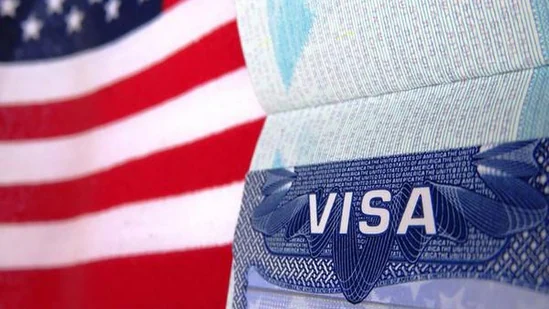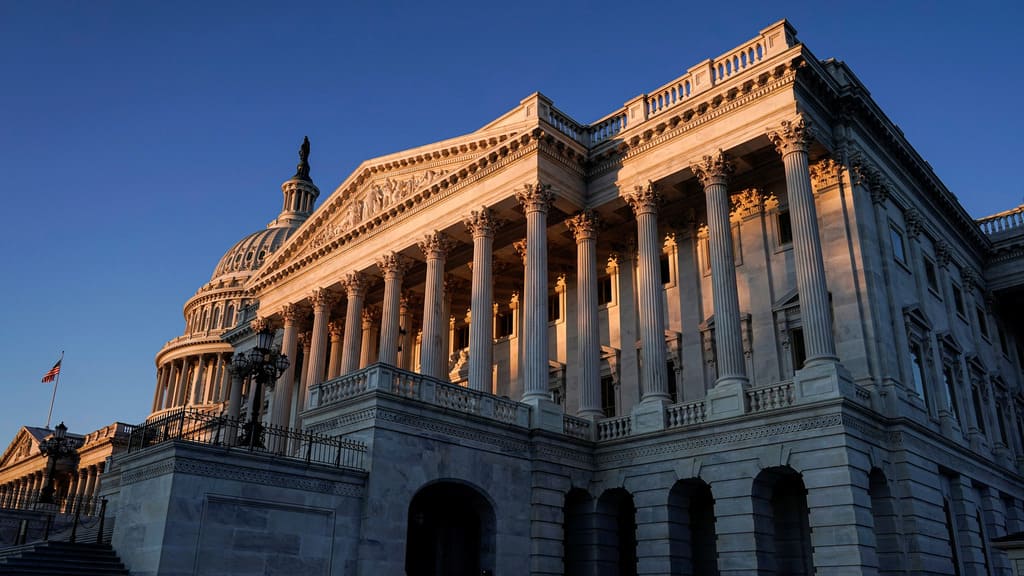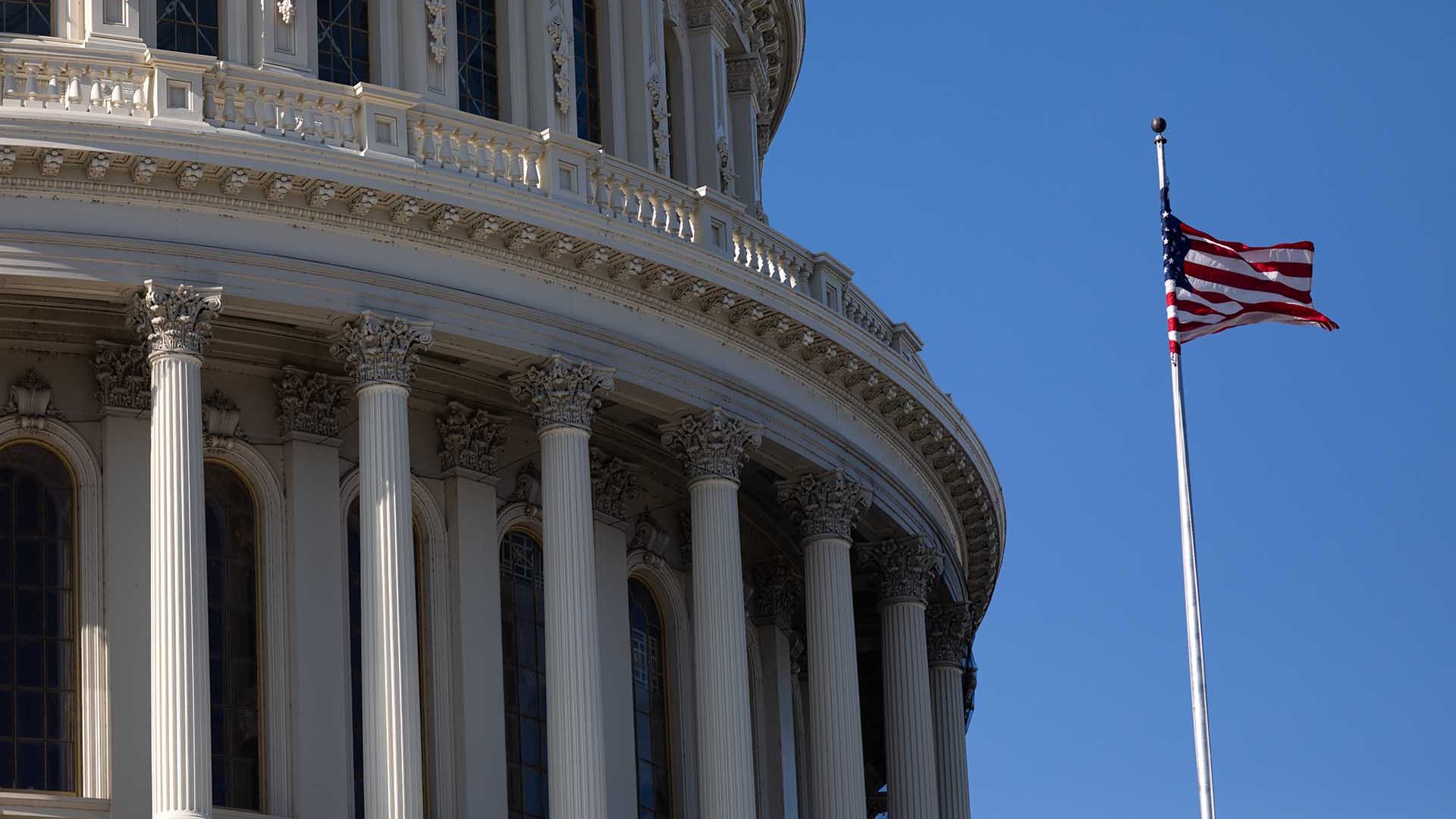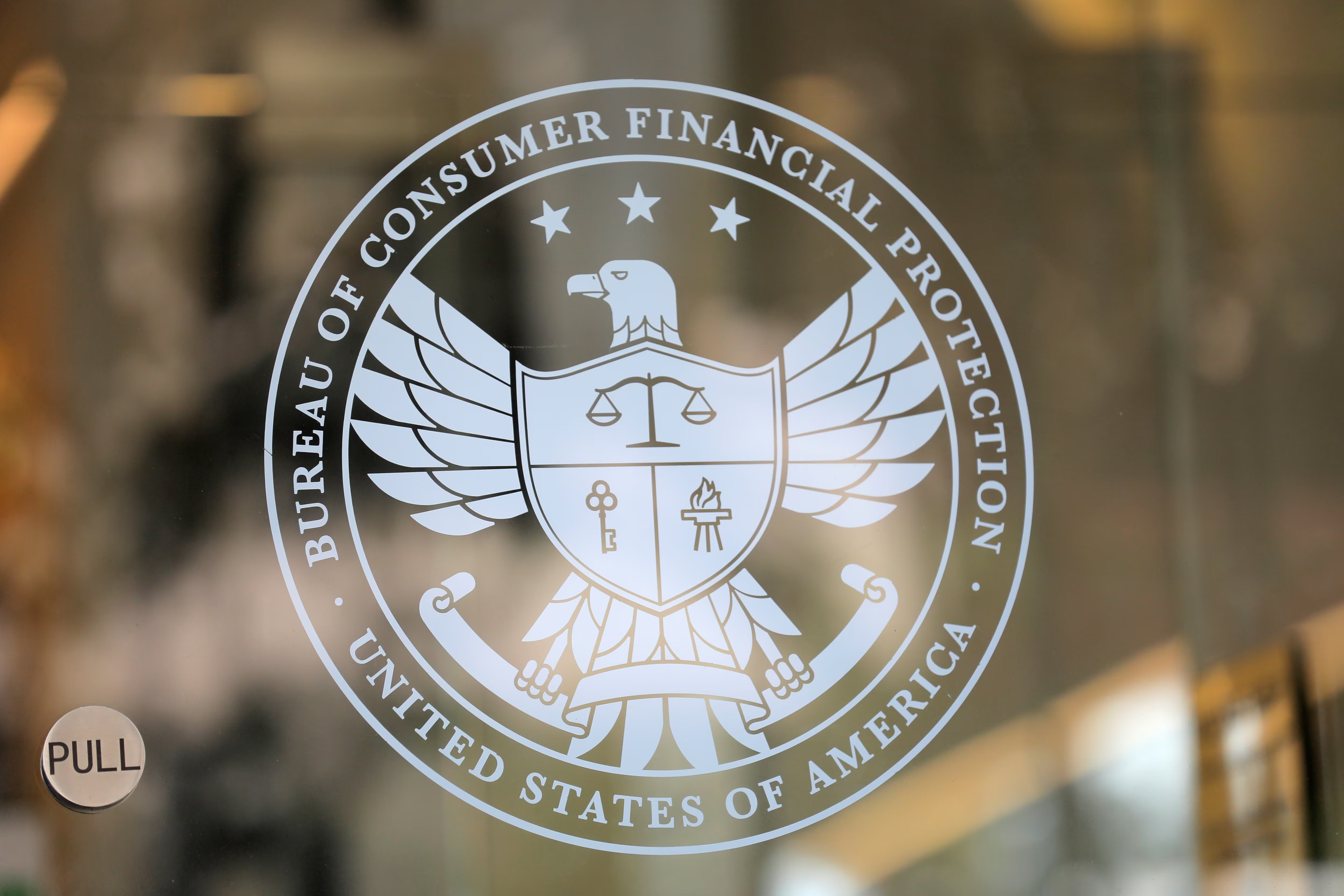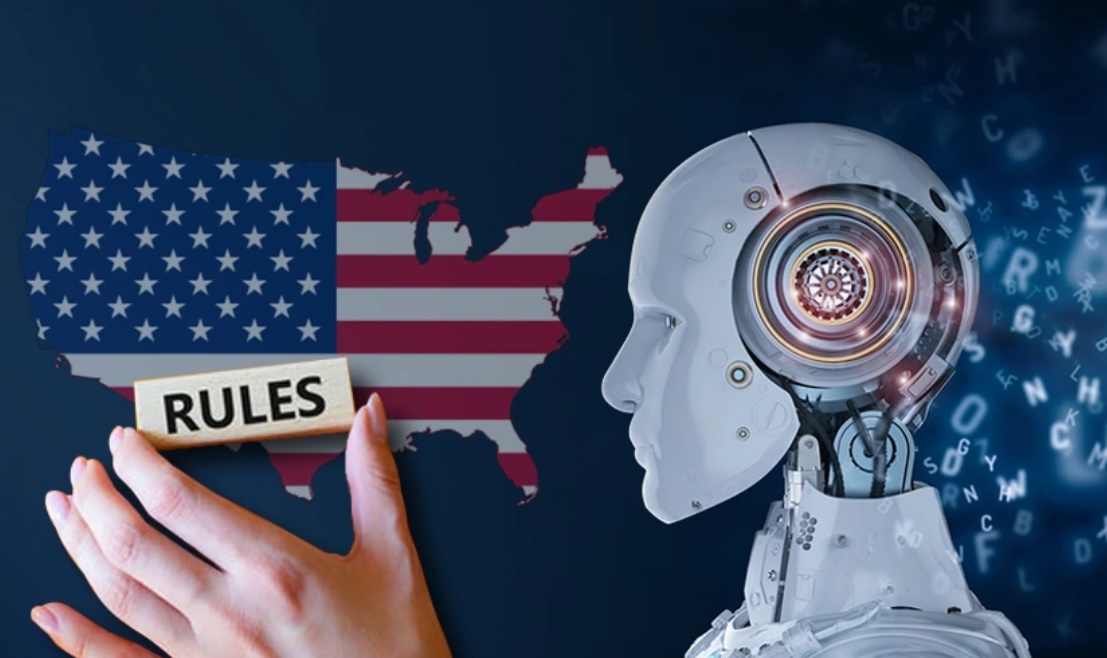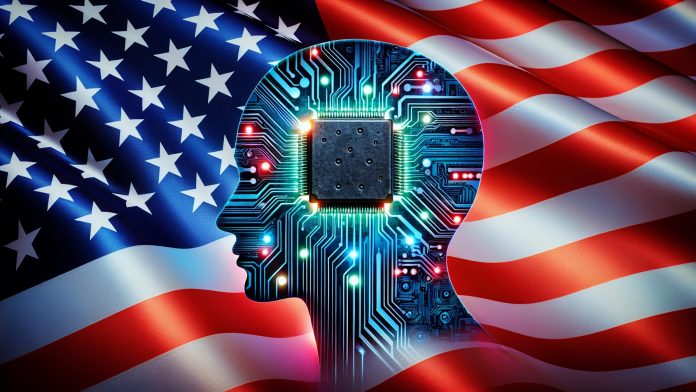🔒📱 Watching the Watchers: The U.S. Debate Over Digital Privacy and Surveillance in 2025
BynambiPublished 87 days ago
🧠 Introduction: Privacy in the Post-Privacy Era
In the digital age, privacy is no longer a right quietly protected in the background—it’s a battlefront. From facial recognition on city streets to data scraped by AI tools and shared across international servers, 2025 marks a critical year in the fight for civil liberties in cyberspace. The U.S. finds itself at a crossroads: how to preserve national security without sacrificing the very freedoms it aims to protect.
🔍 The Current State of Surveillance in the U.S.
The surveillance infrastructure in the United States has evolved dramatically post-9/11. What began as tools for counterterrorism have now expanded into commercial, local, and personal realms.
Key Players:
NSA & DHS: Maintain cyber monitoring protocols on foreign and domestic networks.
Local Police Departments: Increasingly use real-time facial recognition and license plate readers.
Private Tech Companies: Collect massive volumes of behavioral, location, and biometric data, often sharing with third parties, including law enforcement.
In 2025, over 64% of U.S. cities are estimated to use some form of AI-powered surveillance.
⚖️ Legal Framework: A Patchwork of Power
Unlike the European Union’s GDPR, the U.S. still lacks a unified national data privacy law. What exists is a fragmented system:
California Consumer Privacy Act (CCPA) offers the strongest protections.
FISA (Foreign Intelligence Surveillance Act) governs most national security wiretapping.
Patriot Act remnants still enable broad digital searches with minimal court oversight.
Civil liberties groups are urging Congress to pass a Digital Privacy Bill of Rights, but efforts have been stalled due to heavy tech lobbying and partisan gridlock.
📱 The Rise of Predictive Policing and AI Oversight
Police departments and federal agencies are now using predictive AI algorithms to forecast crime “hotspots” and even identify individuals at high risk of criminal behavior.
Concerns:
Bias: Studies show these systems disproportionately flag Black and Latino communities.
Accuracy: Algorithms trained on flawed data perpetuate systemic injustice.
Transparency: Many agencies refuse to disclose how their systems work, citing "proprietary technology."
Critics argue that without oversight, this technology amounts to pre-crime profiling—a constitutional red flag.
🕵️♂️ The Private Sector: More Powerful Than the Government?
Big Tech companies like Google, Meta, and Amazon now have more intimate knowledge of citizens than any government agency. They track:
Browsing history
GPS movement
Purchase behavior
Microphone and camera usage (sometimes passively)
The average American is estimated to have over 1,200 data points tracked and stored in corporate clouds.
The sale of this data to advertisers, political campaigns, and government contractors has created a $400+ billion surveillance economy—with little public understanding or consent.
🇺🇸 Government Reform Efforts (or Lack Thereof)
In 2025, several key bills are in limbo:
American Data Privacy Protection Act (ADPPA) – stalled in Senate.
Facial Recognition Ban for Federal Agencies – vetoed in committee.
Algorithmic Accountability Act – opposed by corporate lobbyists.
Meanwhile, whistleblowers and investigative journalists continue to expose backdoor deals and hidden surveillance programs—from airport tracking to “smart city” monitoring initiatives.
🧩 Civil Liberties at Risk?
What does this mean for your average citizen?
Freedom of Speech: Chilled by social media monitoring and keyword flags.
Freedom of Assembly: Protesters tracked via cell tower triangulation.
Right to Due Process: AI errors can lead to false arrests without human checks.
If left unchecked, civil rights lawyers warn, the U.S. could slide into a digital authoritarianism where freedom becomes conditional and privacy is merely an illusion.
🔮 What’s Next?
Expect state-level privacy laws to expand while federal reform stalls.
A major Supreme Court case on biometric data collection is scheduled for fall 2025.
Grassroots movements are gaining momentum, especially among Gen Z, to "take back the internet" through decentralized, encrypted platforms.
🏁 Conclusion: Liberty or Control?
The core question of 2025 isn’t whether America can surveil its citizens—it’s should it? In a time when everything is traceable, and convenience often trumps caution, we must ask: What are we giving up in exchange for safety, speed, and personalization?
If democracy is to survive in the digital century, then privacy must be reclaimed as a right—not a privilege.
Let me know if you'd like this as a podcast script, newsletter version, or formatted infographic for a political education campaign.





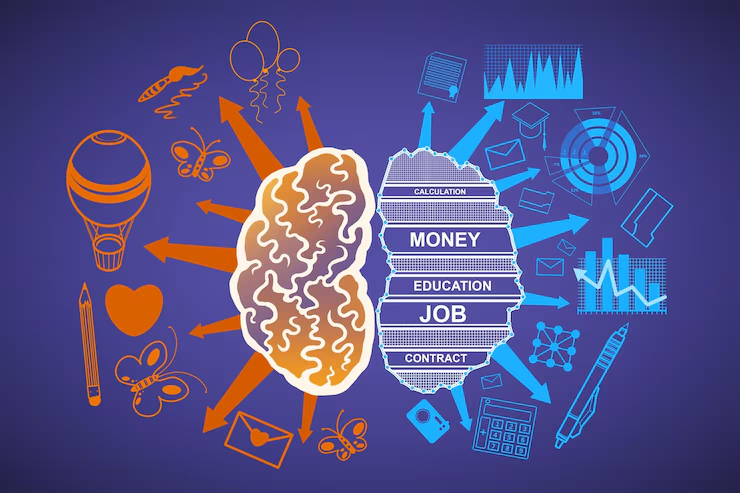
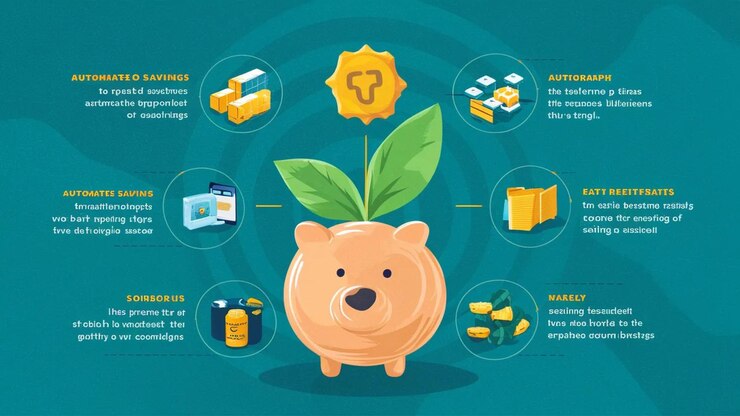
.avif)







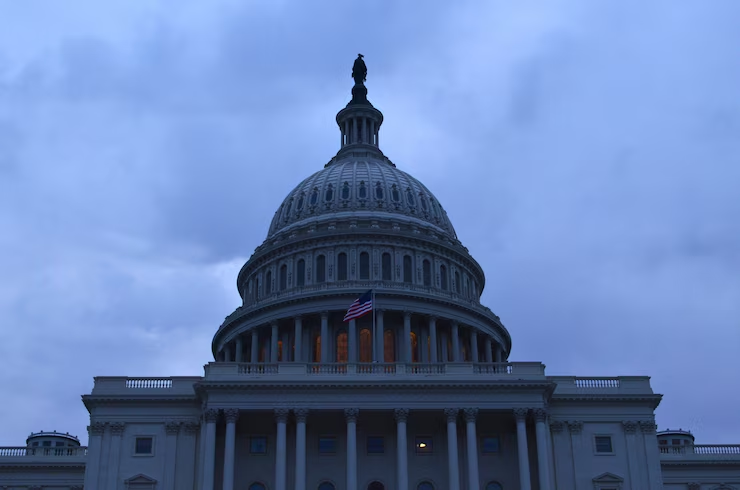
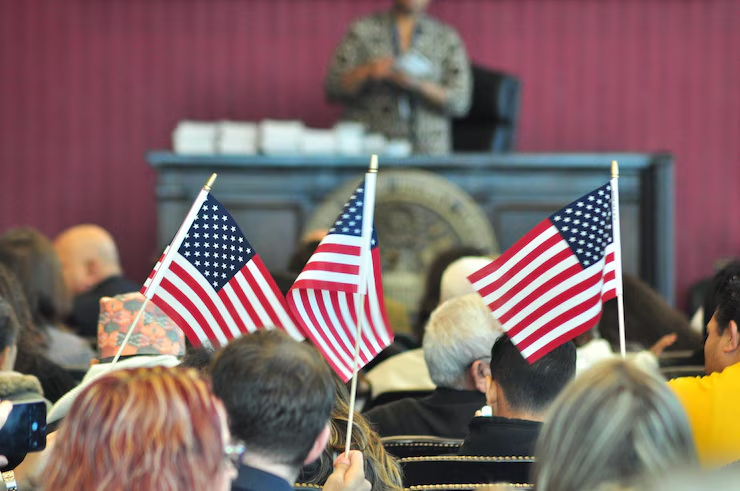





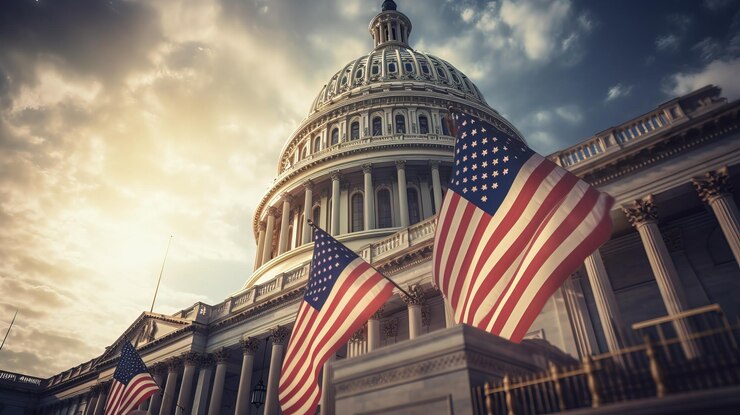

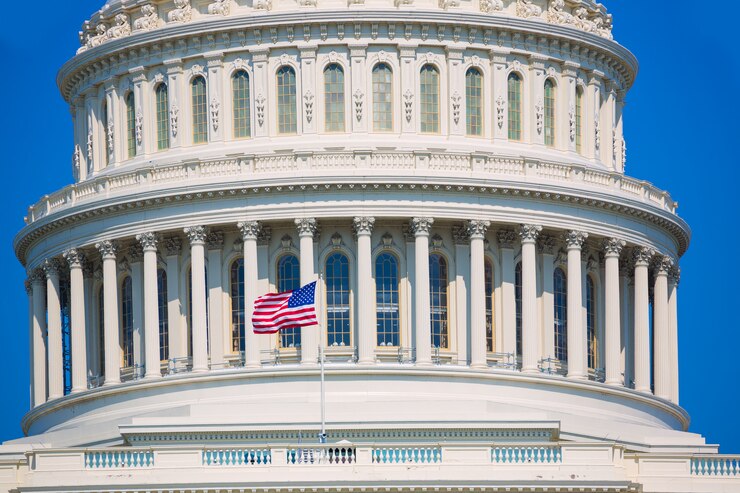

.jpg)





.png)
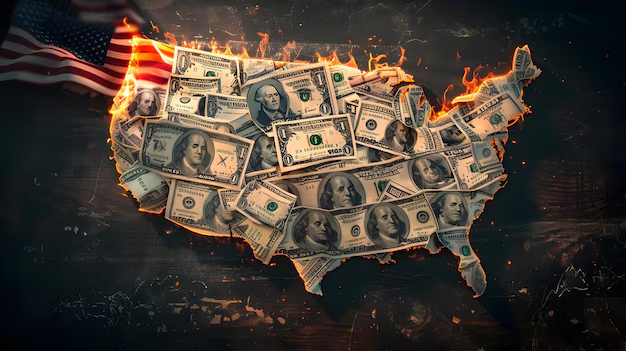





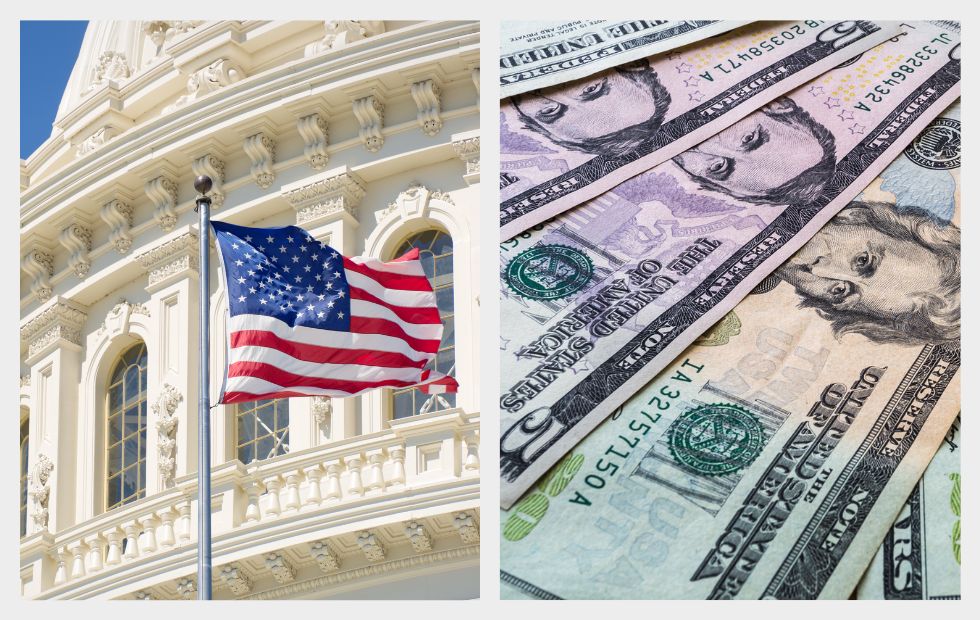

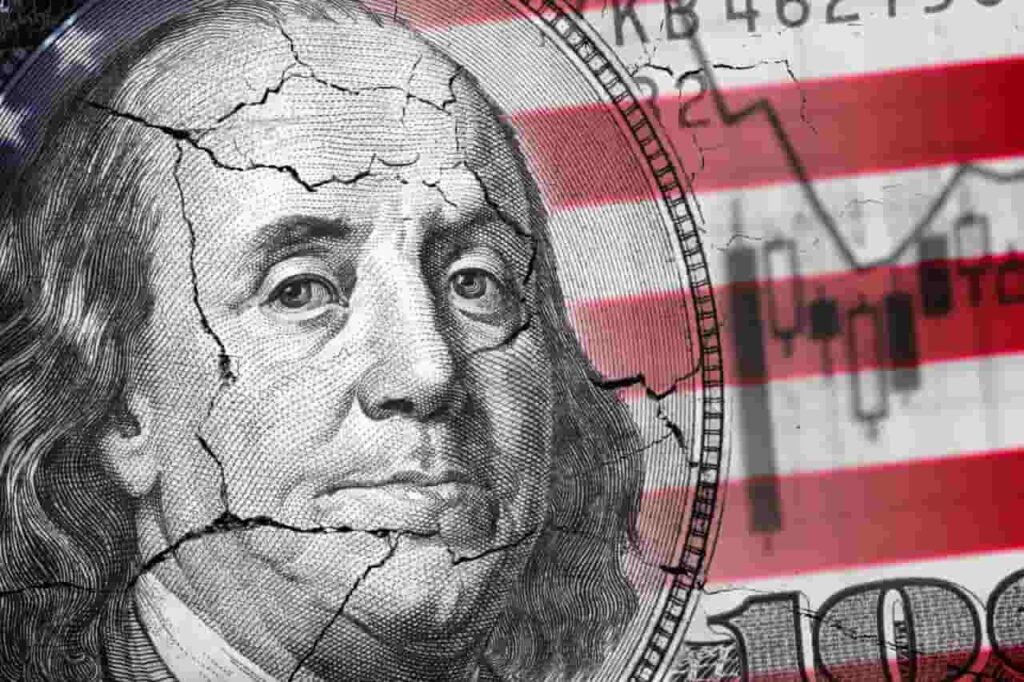
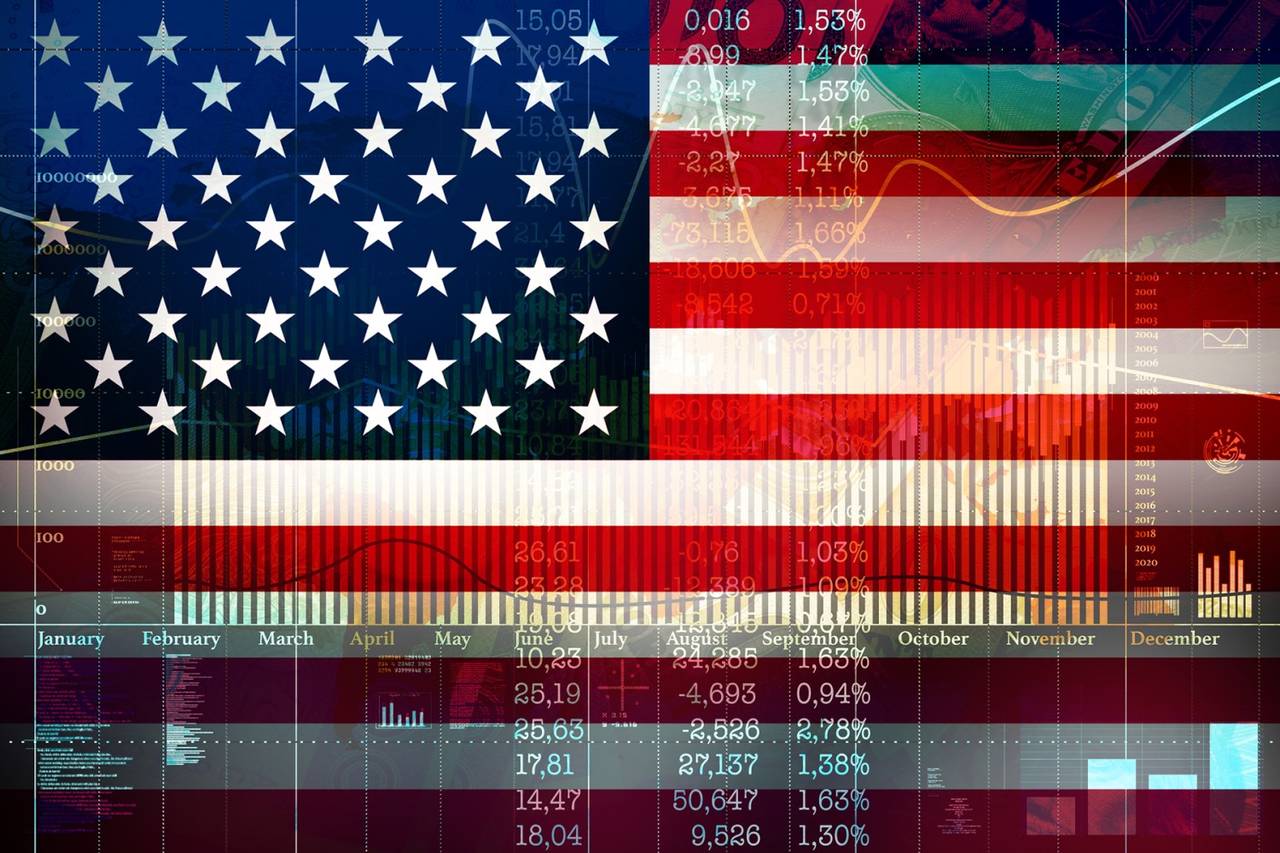
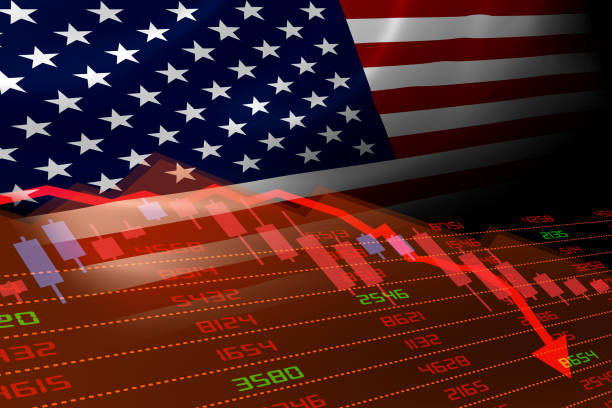

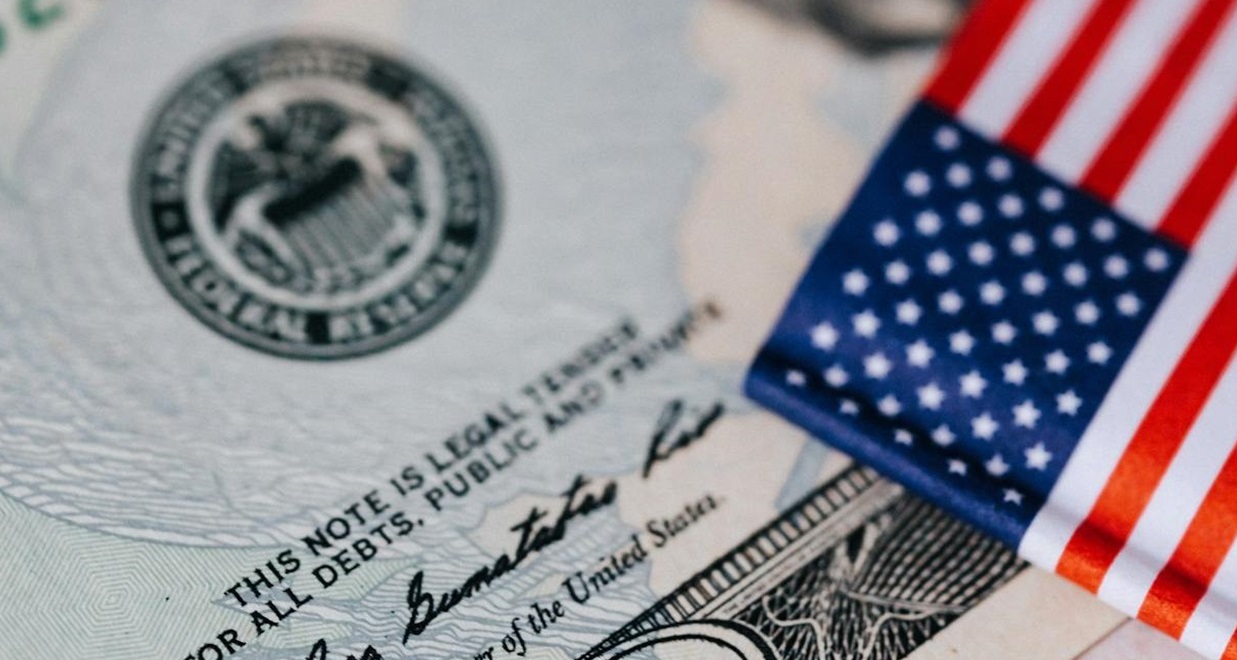


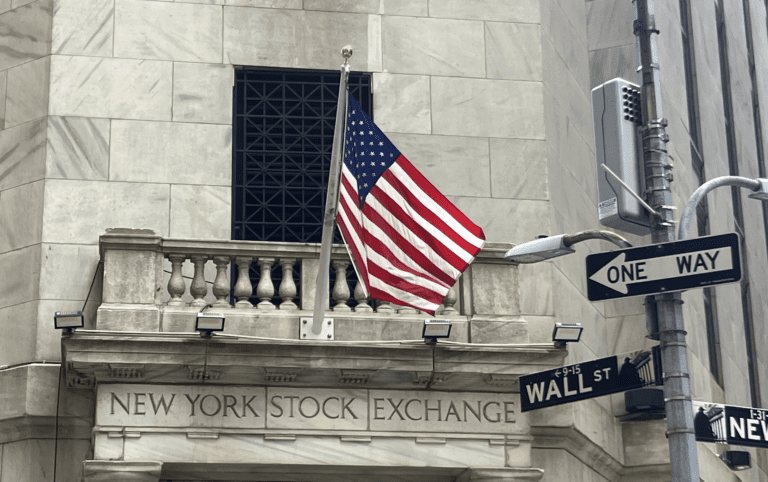

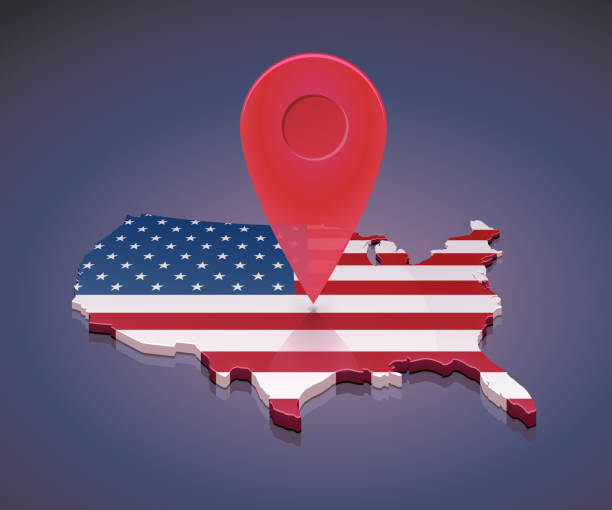
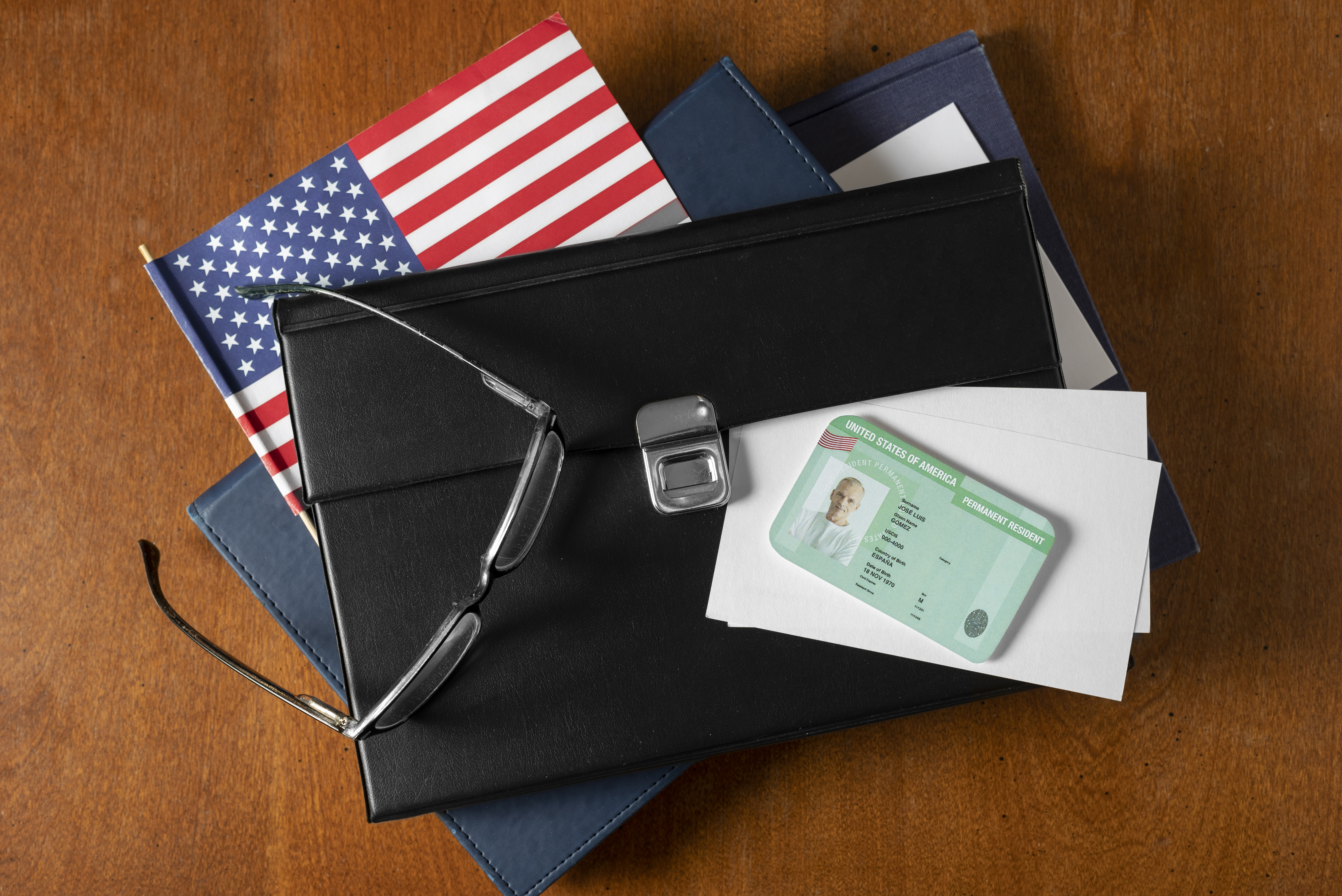



.jpg)
